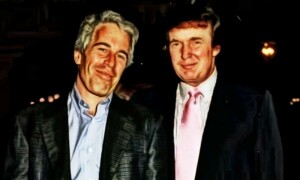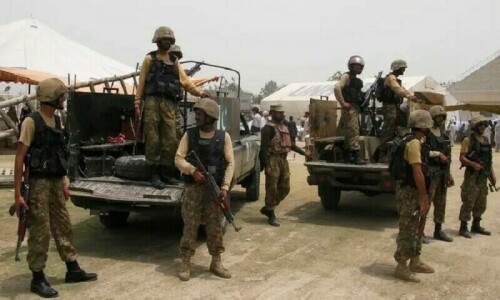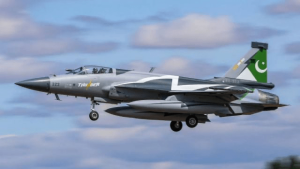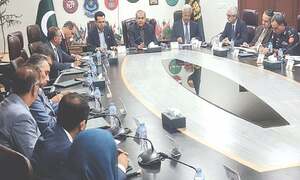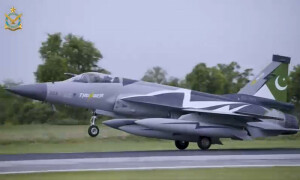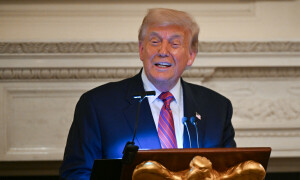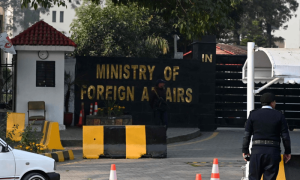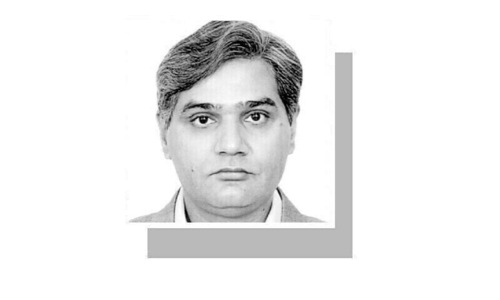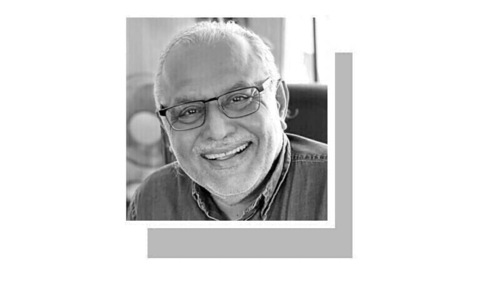GEN Ashfaq Kayani has reiterated the army's position on Afghanistan Pakistan wants a “peaceful, friendly and stable” Afghanistan; strategic depth isn't about “controlling” Afghanistan but about ensuring Pakistan doesn't have a long-term security problem on its western border; India's role in Afghanistan is “unhelpful”; and Pakistan wants Afghan state institutions, including the army and the police force, to be fashioned in a manner that they don't pose a threat to our “strategic interests”.
The report in this newspaper highlighted how strongly the army feels on the issue “He [Gen Kayani] warned that an environment hostile to Pakistan could strain its battle against militancy and extremism.” Translation address our concerns regarding India, or else don't expect us to cooperate as vigorously in the war against militancy. But this appeared a contradiction of sorts as Gen Kayani himself pointed out that Pakistan is fighting 'our' war, not America's. For its part, the US has often given the impression that it has little influence or the inclination to convince India to reduce its role in Afghanistan. (India in any case argues its role is focused on development, though it has been eager to ramp up its training of the Afghan army and police.)
It is significant that the army chief's statement comes against the backdrop of calls from Washington and other western capitals for the Pakistan Army to move against militant bastions in North Waziristan. This is where the US and its allies believe the Haqqani network and Al Qaeda have their main bases. However, Pakistan's military appears to be saying that such action is unlikely unless some of its concerns are addressed. We hope that the army's response is part of a well-calibrated response for there are many other powers jockeying for some say in the future of Afghanistan (Russia and the Central Asian Republics, China, Iran, Saudi Arabia, America, etc). The India-centric approach may cause Pakistan to become net losers in a wider struggle that it may not be paying full attention to. Then there is the question of a future power-sharing agreement among Afghanistan's internal players. Here, too, what the Pakistan Army can achieve appears to be limited. Pakistan is hugely disliked by the non-Taliban, non-Pakhtun forces in Afghanistan, while its ability to influence the Taliban and the broader Pakhtun community may be in question. What, then, are Pakistan's options? Gen Kayani called on the US and Nato to come out with a clear strategy on Afghanistan; we can only hope he has told his Pakistani strategists the same thing.



